Tory academy rebels set their conditions
- Published
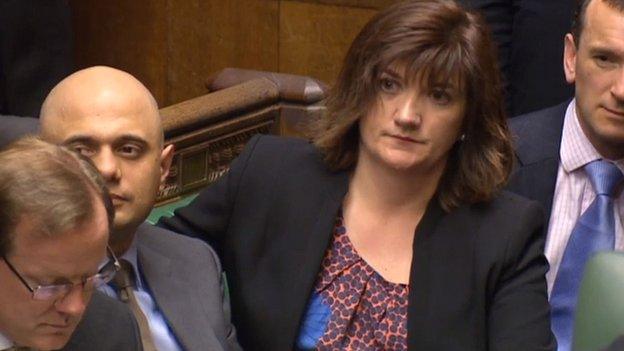
Education Secretary NIcky Morgan faces opposition from her own backbench MPs
If the government is going to push through its plans to force all schools in England to become academies, it will need to persuade its own Conservative backbenchers, many of whom seem deeply unenthusiastic about the proposals.
The prospect of an embarrassing parliamentary defeat will have focused the minds of ministers on a compromise.
But what do the unimpressed Tory MPs dislike about the academy plans? And what will be the sticking points in negotiations with ministers?
Very well-placed Tory backbenchers have highlighted some of the main areas of concern:
Compulsion: These MPs are supporters of the achievements of academies and the principle of autonomy. But if there is a high-achieving school that doesn't want to become an academy, where is the justification in forcing such an unwanted change? This carries the risk of damaging rather than improving schools and it goes against the grain of school choice and parental involvement.
There is already legislation to turn struggling schools into academies and successful schools can already choose to convert. So why would the government want to force good and outstanding schools, against the wishes of heads and parents, to change status? The MPs would prefer more carrot than stick.
And compulsion, above all else, would be the line in the sand - as many of the other concerns would be diminished if one-size-fits-all academy status became something that was encouraged rather than compulsorily required.
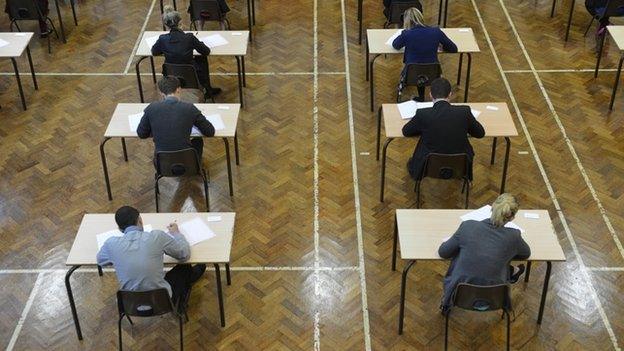
Tory backbench MPs are uneasy about forcing outstanding schools to become academies
The suggestion that local authorities could become chains is not seen as a positive step, but something that reverses autonomy, giving them more power with less electoral accountability.
The timetable: If thousands of schools, many of them primary schools, are put under a deadline to become academies, there will need to be hundreds more academy trusts to accommodate them. Where are these going to come from? What will be quality of these rapidly-assembled trusts? Will they have to be unmanageably large to take in the number of new academies? Will they be strung across the country in a way that doesn't take into account local needs.
If the pace is forced, is there a danger that excellent schools will have to be stuck into not-so-excellent academy chains?
Accountability: If all schools were put into academy trusts, operating across many different parts of the country, how will individual schools remain accountable to parents and their local community?
Standalone academies have found that they can be better connected to their local community than when they were part of the local authority system. But if many schools are pushed into big academy chains, the opposite might happen.
Another complicating factor is the proposal that academy trusts would no longer have to have parent governors in individual schools or at the trustee level.
And overseeing this new structure would the regional schools commissioners. If these were the decision makers in which academy remained open and which closed, could this see the closure of types of schools which were not to their liking?
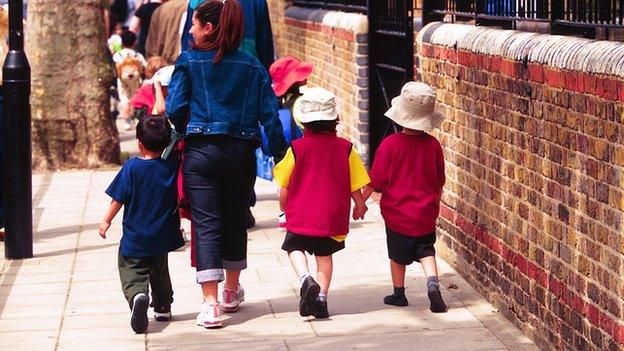
There are questions about how schools in academy chains will be accountable to parents
This opens another sub-set of specific concerns about the long-term implications for small schools, rural schools and the protection of the ethos and character of schools, whether church schools or grammar schools, all of which would come under academy chains and the regional schools commissioners.
What's likely to happen next?
Ministers can expect the frosty backbench response to continue and might be told some home truths by disgruntled MPs. But the government can side-step a decision.
They could announce a vaguely worded plan for legislation in the Queen's Speech and then sit tight, neither accepting changes or pressing ahead with their original plan.
Lying ahead in the summer is the European Union referendum and decisions about academies would then become part of the unpredictable political terrain that will follow.
- Published13 April 2016
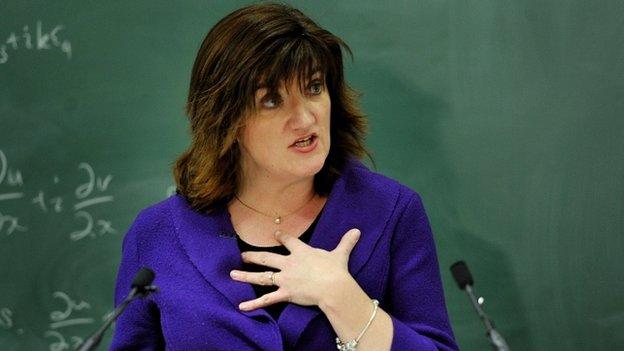
- Published16 March 2016
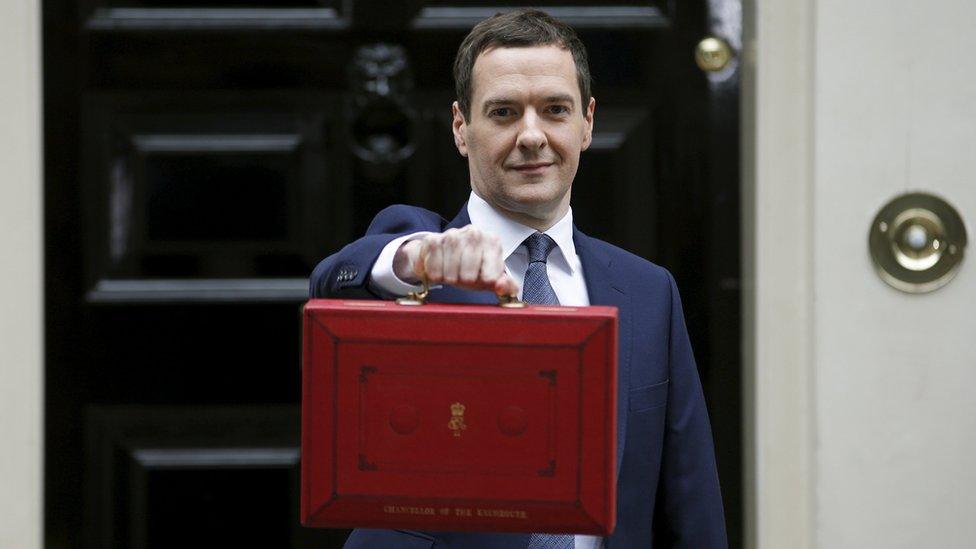
- Published12 April 2016